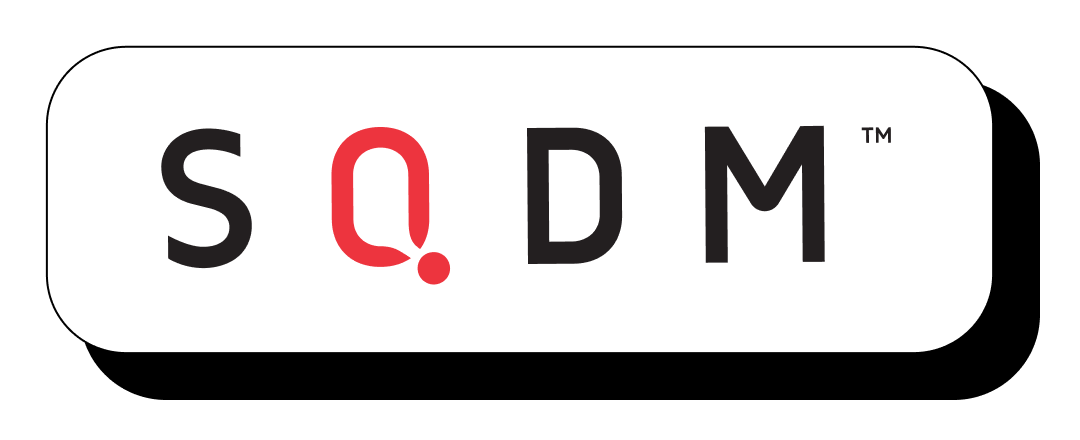Salesforce is one of the most powerful CRM platforms available today, offering businesses unparalleled flexibility, scalability, and automation capabilities. However, the success of any Salesforce implementation depends on the quality and reliability of its processes. This is where Salesforce QA (Quality Assurance) becomes indispensable. In this article, we’ll explore the importance of Salesforce QA, the role of specialized talent, and how Nearshoring IT enhances QA practices.
What Is Salesforce QA and Why Is It Crucial for Your CRM Goals
Salesforce QA refers to the process of ensuring that all aspects of a Salesforce implementation meet predefined quality standards. This involves rigorous testing, validation, and troubleshooting to ensure seamless functionality, proper data integration, and an optimized user experience.
Salesforce projects are complex, involving multiple stakeholders, workflows, and integrations. Without a robust QA process, even minor errors can disrupt operations, compromise data integrity, or negatively impact customer satisfaction. A strong QA framework ensures:
- Error-Free Deployments: By identifying and addressing issues early in the development process, QA minimizes downtime and post-launch corrections.
- Increased User Satisfaction: A well-tested Salesforce implementation ensures that users can perform their tasks efficiently without facing system errors.
- Compliance and Security: QA verifies that the implementation meets industry standards for data privacy and security.
Benefits of Including Quality Assurance in Salesforce Projects
Integrating QA into Salesforce projects offers several advantages that extend beyond error detection. Here are some key benefits:
- Improved Functionality: Quality Assurance (QA) plays a crucial role in ensuring that workflows, automations, and integrations in Salesforce projects function exactly as intended. By meticulously testing every component, QA eliminates the risk of unexpected glitches that could disrupt operations. This not only enhances system reliability but also provides a smoother and more consistent user experience. For example, automated workflows that seamlessly trigger the right actions can improve efficiency across departments, while error-free integrations ensure that all systems communicate effectively, avoiding data silos and miscommunication.
- Cost Efficiency: Addressing issues during the development phase is significantly more cost-effective than fixing them after deployment. QA identifies potential errors early in the process, allowing teams to resolve them before they escalate into costly problems. Post-launch fixes often require revisiting the codebase, disrupting workflows, and even affecting user satisfaction. By investing in QA upfront, businesses save valuable time and resources, ensuring a smoother implementation while avoiding unanticipated expenses down the road.
- Scalability: A robust QA process prepares Salesforce implementations for future growth and expansion. Whether a business plans to add new features, integrate additional tools, or scale operations to meet increased demand, QA ensures that the system can accommodate these changes without disruptions. This forward-thinking approach allows companies to future-proof their Salesforce platform, maintaining stability and performance as the organization evolves.
- Optimized Performance: QA helps identify bottlenecks, inefficiencies, and areas for improvement within the system. By pinpointing these issues during testing, teams can fine-tune processes to achieve maximum performance. For instance, QA can reveal slow response times in certain workflows or uncover inefficient automations that consume excessive resources. Addressing these issues early ensures that the platform operates at peak efficiency, delivering a fast, reliable, and seamless experience for both users and customers.
By including Salesforce CRM QA questions as part of the process, businesses can also ensure that the system is aligned with their unique operational needs.
Salesforce AI and Its Impact on Early Bug Detection
Artificial Intelligence (AI) is revolutionizing how Salesforce QA is conducted. With the introduction of Salesforce AI tools, QA teams can identify bugs and issues earlier and more efficiently.
How Salesforce AI Tools Enhance QA:
Salesforce AI tools are revolutionizing the way Quality Assurance (QA) is conducted by introducing intelligent automation and data-driven decision-making. These tools allow QA teams to streamline processes, identify issues proactively, and ensure seamless Salesforce implementations. Here’s how Salesforce AI tools significantly enhance the QA process:
- Predictive Analysis: One of the standout capabilities of Salesforce AI tools is their ability to leverage predictive analysis. By examining historical data, AI identifies patterns and trends that point to potential problem areas in the system. This enables QA teams to prioritize their efforts on high-risk components, such as complex workflows or heavily integrated systems. For instance, AI can highlight which automations are most likely to fail under specific conditions, allowing teams to preemptively address these vulnerabilities before they impact the user experience. Predictive analysis not only saves time but also minimizes the likelihood of costly post-launch fixes.
- Automated Testing: Repetitive testing processes are a time-consuming aspect of QA, often prone to human error. Salesforce AI tools automate these tasks, enabling teams to execute comprehensive tests with greater speed and precision. Automation ensures that workflows, integrations, and customizations are tested consistently, covering edge cases that manual testing might overlook. For example, regression testing can be completed in a fraction of the time, ensuring that updates or new features do not disrupt existing functionality. By reducing manual effort, QA teams can focus on strategic tasks that require human oversight while maintaining high accuracy levels.
- Real-Time Insights: AI-powered analytics provide QA teams with real-time insights into system performance and potential issues. These insights allow teams to monitor the health of a Salesforce implementation continuously, making it easier to detect anomalies as they occur. For instance, if a specific integration shows signs of lagging or failure, the AI tools can immediately alert the team, enabling them to address the issue before it escalates. Additionally, real-time data helps prioritize fixes by providing a clear picture of which issues have the most significant impact on system performance or user experience. This ensures that resources are allocated effectively, resolving critical problems first.
- Overall Impact: By integrating predictive analysis, automated testing, and real-time insights, Salesforce AI tools elevate the QA process to new levels of efficiency and effectiveness. These capabilities reduce testing time, improve accuracy, and enable teams to deliver high-quality Salesforce implementations that meet both business objectives and user expectations. In a fast-paced environment where errors can be costly, Salesforce AI tools provide the intelligence and automation needed to stay ahead, ensuring a smooth and reliable platform for all users.
By leveraging Salesforce AI tools, businesses can significantly reduce the time spent on QA while improving the quality and reliability of their Salesforce implementations.
We recommend: Salesforce Field Service: Streamlining Field Management
The Importance of a Quality Assurance Specialist in Salesforce Projects
A Quality Assurance Specialist plays a pivotal role in Salesforce projects, acting as the gatekeeper for quality and functionality. Their expertise ensures that the implementation meets business objectives and performs flawlessly.
Key Responsibilities of a QA Specialist:
- Test Plan Development: Creating detailed test cases to evaluate workflows, integrations, and automations.
- Bug Identification and Resolution: Detecting errors early and working with developers to implement fixes.
- Performance Testing: Ensuring that the system performs efficiently under varying loads and conditions.
- Compliance Checks: Verifying that the implementation adheres to legal and industry standards.
A skilled QA specialist not only enhances the reliability of a Salesforce project but also ensures a seamless transition from development to deployment, providing essential QA support Salesforce teams need to maintain quality and efficiency throughout the process.
Nearshoring IT: A Strategic Boost for Salesforce QA
In today’s fast-paced business environment, companies are looking for ways to optimize costs and access top-tier talent without compromising quality. Nearshoring IT has emerged as a strategic solution, especially for Salesforce QA.
Nearshoring involves outsourcing IT operations to geographically close regions, offering several advantages over traditional offshoring or in-house development.
How Specialized Nearshoring Talent Enhances Salesforce QA
- Proximity and Real-Time Collaboration: Nearshore teams work within similar time zones, enabling seamless communication and faster problem-solving. In Salesforce QA, where quick iterations are key, this alignment significantly improves project efficiency.
- Access to Expert Talent: Nearshoring provides access to highly skilled professionals with experience in Salesforce professional services and advanced QA methodologies. These specialists are often certified in tools like Salesforce AI and bring deep industry knowledge to the table.
- Cost Efficiency: Nearshoring offers a cost-effective alternative to hiring locally, without sacrificing quality. This is particularly beneficial for QA, where repetitive testing processes can otherwise consume significant resources.
- Cultural Alignment: Nearshore teams often share cultural and business values, making collaboration more effective and aligned with company goals.
- Scalability: Nearshoring allows companies to scale their QA efforts quickly, bringing in additional resources as project demands grow.
Salesforce QA is more than just a testing phase; it’s a strategic approach to ensuring the success of Salesforce implementations. By incorporating robust QA practices, leveraging Salesforce AI tools, and engaging specialized talent through Nearshoring IT, businesses can unlock the full potential of their Salesforce investments.
Partnering with DigiTech, a leader in Salesforce professional services and Nearshoring, ensures that your projects benefit from top-tier QA expertise. With a commitment to quality, efficiency, and innovation, DigiTech delivers Salesforce solutions that meet the highest standards. Ready to elevate your Salesforce projects? DigiTech is here to support you in every step of the way.


